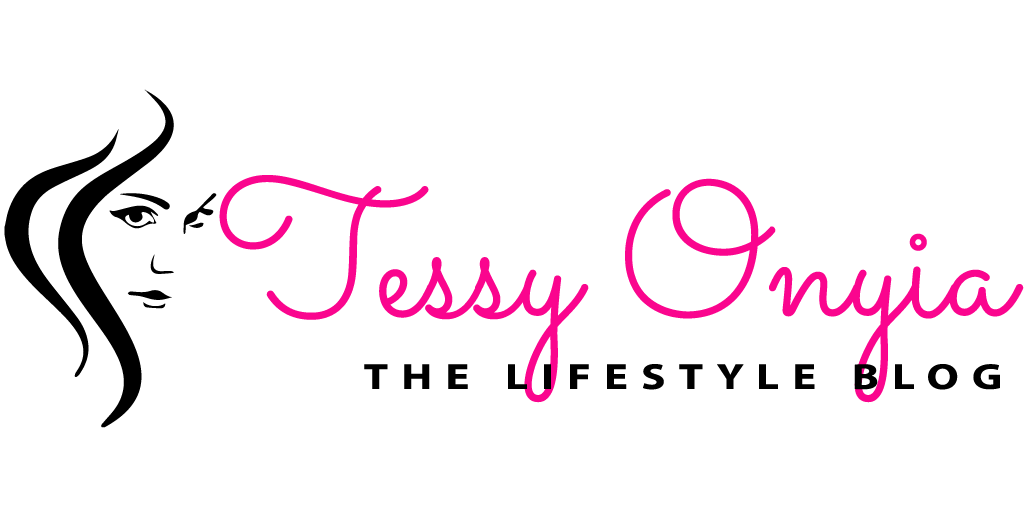New Year’s resolutions have a bit of a negative reputation, and it’s easy to understand why that is. We’ve heard plenty of tales about how someone failed to reach their goal, and for some, the new year just seems like an excuse to avoid holding yourself accountable for your actions, treating the revolution over the sun like a clean slate.
It’s a little over a week into 2020 as we’re writing this. Odds are, you have some resolutions fresh in your mind, and you wonder if that’s good. We’re here to say that resolutions can be great. Here are a few reasons why.
Improving Yourself
Many people, especially in the age of social media, feel like they can’t hold themselves accountable for something bad they’ve done. Admitting that you messed up, or could be better, and working to change it is the ultimate way to build character. Resolutions are the perfect example of self improvement, because often, they are conceptualized and planned by you.
Shortcomings of This
Wanting to improve yourself is great, but many people are much too negative about themselves in the process. For example, if you spent too much, you may think of yourself as out of control and not as much of an adult as someone who saves. Don’t think of yourself like this! Dwelling too much on the past won’t help you focus on the present or look to the future.
They Teach You How to Set Up A Plan
Oftentimes, our goals for the year require some kind of plan. If your resolution is to visit a certain part of the world, you need to plan it financially, figure out how to get the best deals, and more. When your plan ends up falling short, learning to adjust the plan, or find creative ways past the roadblocks is a valuable lesson taught by resolutions.
Shortcomings
Many people go to a resolution with little plans, or a skeleton of a plan. For example, a person may want to lose 30 pounds, but they don’t have a map of how to reach that goal. Figuring out how many pounds you want to lose in a week, how many calories you should eat, and what exercises you can do are just a few ways to get to your plan.
Knowing Why You Want Something
A good resolution should explain why you want something to happen. If you want to save $5,000 for the year, why do you want that? Do you want extra money for a rainy day, for a vacation, or for peace of mind?
What about fitness? Why do you want to lose weight? More confidence in yourself? More energy? You want to to impress others? All are valid reasons, if they do seem superficial.
Shortcomings
Many people don’t have a concrete reason why. Having a motivation is good, but not knowing why you want that motivation can cause you to go back on it, and you may end up quitting your goals because you don’t know why you want it. The solution is to write down a few reasons why you need it and go from there.
You Can Find People With a Common Goal
While a resolution is something you may do on your own, quite often, you find people with a similar goal. With losing weight, you can take a class and meet people with the same endgame in mind. When it comes to wanting to do better in school, you may wind up with a study group filled with people who want to improve their grades. Having a group of people to build each other up is how you live life. If you don’t have this, it can make everything a bit harder.
Shortcomings
Not everyone has a group of supporters. Their family and friends may be uninterested, or they are too awkward to speak to anyone else. In this case, seeking professional help from a therapist or counselor may be great advice. A counselor or therapist not only helps to motivate you, but you can learn how to be more confident with the people you speak to as well.
Marie Miguel Biography

Marie Miguel has been a writing and research expert for nearly a decade, covering a variety of health- related topics. Currently, she is contributing to the expansion and growth of a free online mental health resource with BetterHelp.com. With an interest and dedication to addressing stigmas associated with mental health, she continues to specifically target subjects related to anxiety and depression.


No Comments